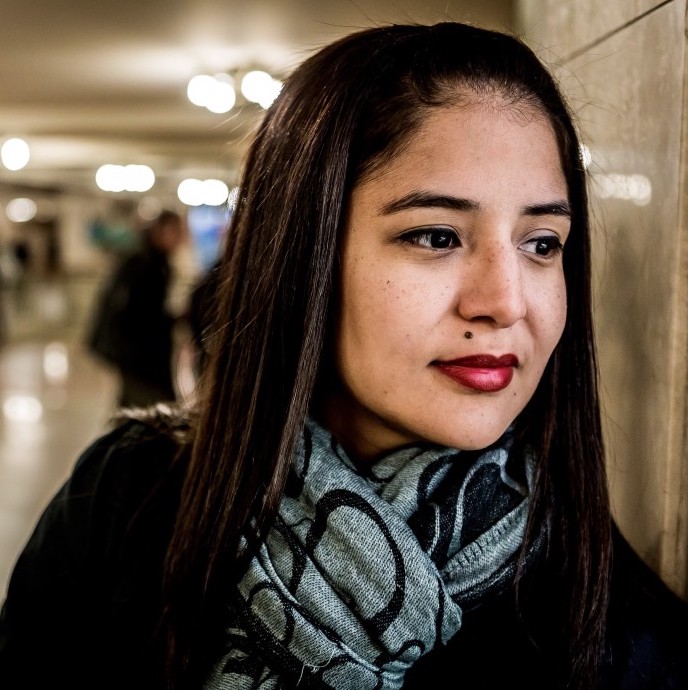 Leslie Gonzalez’s path to becoming a doctor was filled with overwhelming pressure, stress and anxiety. Classroom struggles, the challenge of juggling a part-time job and schoolwork — Gonzalez labeled herself a failure. And on top of that, she felt the pressure of being one of the only Latinas in her medical school setting.
Leslie Gonzalez’s path to becoming a doctor was filled with overwhelming pressure, stress and anxiety. Classroom struggles, the challenge of juggling a part-time job and schoolwork — Gonzalez labeled herself a failure. And on top of that, she felt the pressure of being one of the only Latinas in her medical school setting.
“A lot of impostor syndrome came into play, and I would often feel stressed out and anxious. I would call my parents and tell them, ‘I’m so done with this’ and just have one of those breakdowns,” she said.
Those feelings were always followed by a crushing wave of guilt. Gonzalez, a child of immigrant parents, would tell herself to “pull it together because [she] had to make [her] parents’ sacrifices worth it.” She couldn’t cope with these feelings.
At the time, Gonzalez was studying osteopathic medicine at Western University of Health Sciences in Pomona and sought professional help from one of the school’s therapists. Through nine months of therapy sessions, she learned that her pressures came in part from her position in her family.
Gonzalez and others in the Latino community are taking to social media to share their understanding and experience of first-generation trauma. It’s a colloquial term some Latino Americans use to describe the emotional struggles of children whose parents are immigrants.
There are differing definitions of who is considered “first generation,” often dependent on whether they are born outside the U.S. or have citizenship. But Gonzalez and others are bonding over a shared experience.
What connects these struggles is that they affect children of immigrants — typically but not always the first born, and the first to navigate certain aspects of American society. According to mental health professionals, these experiences can range from stressors to traumas and can be caused by experiences inside the home or out in society.
One-on-one therapy sessions gave Gonzalez the space to understand herself, acknowledge her feelings, and develop healthy coping strategies.
For people whose struggles feel similar to Gonzalez’s, The Times asked Southern California trauma therapists and an academic about how to define first-generation trauma, what causes it and how people can heal.
There isn’t a definition of the term because it hasn’t been widely explored yet, Manuel Zamarripa director and co-founder of the Institute of Chicana/o/x Psychology said.
It’s more about the specific experience of the children who struggle to reconcile the culture clashes between American society and their immigrant households.
“Stress” could be a more appropriate word than “trauma,” some experts said. They cite the Substance Abuse and Mental Health Services Administration which defines trauma as an event, series of events, or set of circumstances that is experienced by an individual as physically or emotionally harmful or life threatening and that has lasting adverse effects.
Excerpted from “How Latinos Are Bonding Over First-Generation Trauma” in the Los Angeles Times. Read the full article for more details on the common experiences of children of immigrants that can contribute to first-generation trauma or stress and what you can do about it.
Source: Los Angeles Times | How Latinos Are Bonding Over First-Generation Trauma, https://www.latimes.com/california/story/2021-12-06/how-latinos-are-bonding-over-first-generation-trauma | Copyright © 2021, Los Angeles Times
A screening can help you determine if you or someone you care about should contact a mental health professional. Care Coordinators can arrange a free 30-minute Care Consultation so you can explore options with an expert. Call or email us at 650.688.3625 or careteam@stage.chconline.org to set up an initial Consultation appointment.





